Why Dell's Ocarina Acquisition Means Big Trouble For Storage Rivals

Tiny Ocarina Could Mean Major Storage Impact
Dell is planning to acquire Ocarina Networks, a tiny developer of storage compression and deduplication technology, a move which will give Dell a technology it could apply to a wide range of its storage products to help customers cut the capacity required to store their data.
This is a huge move for Dell which, unlike many of its competitors, does not have its own dedupe technology.
Ocarina Networks is a developer of content-aware deduplication technology which looks at the content of a file and how it is structured to choose the best way to compress and dedupe the data from over 100 possible algorithms.
Next: Why Is Dedupe So Vital To Dell?

Dedupe: No Longer A Luxury
Deduplication, also called "dedupe," removes duplicate information as data is stored, backed up, or archived. It can be done at the file level, where duplicate files are replaced with a marker pointing to one copy of the file, and/or at the sub-file or byte level, where duplicate bytes of data are removed and replaced by pointers, resulting in a significant decrease in storage capacity requirements.
Dedupe has moved from a luxury point application to a must-have feature as most major storage vendors have made it a part of their storage offerings, either by developing the technology, acquiring it, or OEMing it.
Dell has been working with other storage vendors, including EMC, Symantec, and CommVault, on dedupe technology, but those relationships could change now that it has its own.
Next: Look Out (For) NetApp!
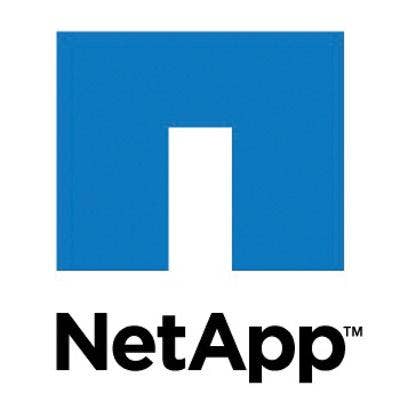
Butting Heads With NetApp
Dell, which IDC last month ranked the world's fourth-largest manufacturer of disk-based storage systems on a revenue basis, will be competing even more heartily with some of the top vendors thanks to its planned Ocarina acquisition.
Ocarina will bring Dell into a more competitive situation with NetApp, the fifth-largest storage vendor according to IDC.
NetApp builds dedupe technology into all its products. The company has been on Ocarina's list of top competitors for some time. Ocarina claims that its dedupe technology offers up to 57 times better data reduction that that of NetApp.
NetApp is not a competitor to put off lightly. The company last year nearly acquired the founder and primary vendor of the modern dedupe industry, Data Domain, but ultimately lost in its bid to EMC, which had a lot more dollars to throw at the deal and which wanted to ensure that arch-rival NetApp would not win.
Next: Leverage Against HP And Others
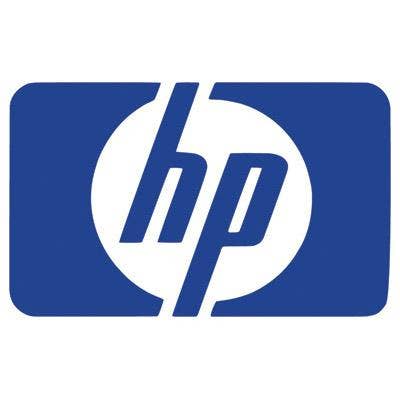
What About Ocarina's OEM Relationships With HP, Others?
Prior to the acquisition by Dell, Ocarina provided its dedupe technology to competitors such as BlueArc, Hitachi Data Systems, and Hewlett-Packard.
A Dell spokesperson said Dell is evaluating those relationships on a case-by-case basis.
Dell could, if it wanted to, cut those relationships as their contracts expire, thereby disrupting the dedupe technology of its competitors.
Or it could, if it wanted to, continue the relationships just to show what a nice, friendly competitor it is.
Dell's top arch-rival in many markets including storage is HP, which IDC ranked as the second-largest storage system manufacturer.
HP just last month unveiled its first internally-developed dedupe technology, called StoreOnce, which it plans to implement across a wide range of storage products.
StoreOnce will be available as part of HP's new D2D4312 backup appliance, which comes with up to 48 TBs of raw capacity. However, it will also be available as a backup client to HP's Data Protector backup software, as a virtual backup appliance, and as part of its scale-out storage appliances.
Next: EMC, Friend Or Foe?
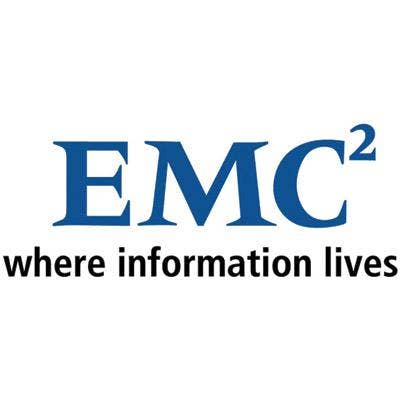
EMC: Dell's Biggest Ally, But Also A Competitor
Dell depends on EMC as a supplier for a wide range of storage technology, and has a reseller relationship with EMC that includes that company's Data Domain dedupe appliances.
By applying Ocarina's dedupe technology across a full range of its storage products, including those it got with its acquisition of EqualLogic, Dell could find itself in less need of EMC's dedupe technology.
However, that is not necessarily the case. Dell also gains advantages from reselling EMC's Data Domain products, as the Data Domain name is still the most powerful in this part of the storage market.
Next: What About Those CommVault Rumors?
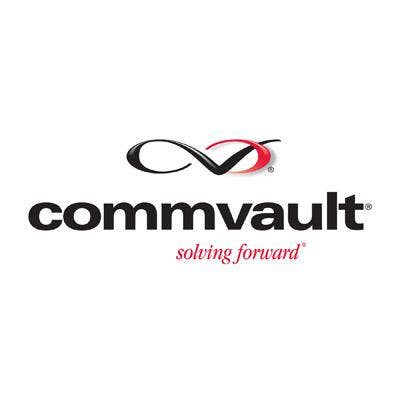
Dell And CommVault And Acquisition Rumors
Dell has long been rumored to be looking to acquire CommVault, a developer of data protection software and dedupe technology.
Dell already partners with CommVault with its PowerVault DL2100 disk-based backup appliance which is based on CommVault's Simpana 8 software that includes block-level data dedupe.
With Ocarina in the picture, Dell may find it no longer requires CommVault as a dedupe partner, especially since the CommVault dedupe technology requires users to adopt its data protection software as well, which tends to limit its market.
However, that does not mean that Dell would not consider CommVault a potential acquisition. Dell needs software in order to lessen its dependence on hardware, and CommVault is one of the most popular data protection software vendors.
Next: Symantec Dedupe And Dell
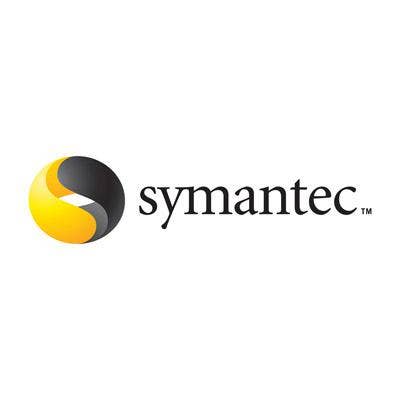
Dell's Symantec Dedupe Relationship
Dell also produces another version of its PowerVault DL2100 which features dedupe technology from Symantec's Backup Exec 2010.
Like the PowerVault DL2100 featuring CommVault's Simpana 8 software, this appliance could be superseded by Dell's application of the Ocarina technology.
A Dell spokesperson said Dell is not expected to change its relationships with Symantec and CommVault as a result of acquiring Ocarina. Instead, Dell plans to use the Ocarina to extend its dedupe offerings into primary storage as well as across such storage services as replication, migration, and tiering.
That is a possibility, as Dell's storage appliances using dedupe technology from CommVault and Symantec could continue to appeal to customers who prefer to tie their storage hardware to the data protection software they currently use.